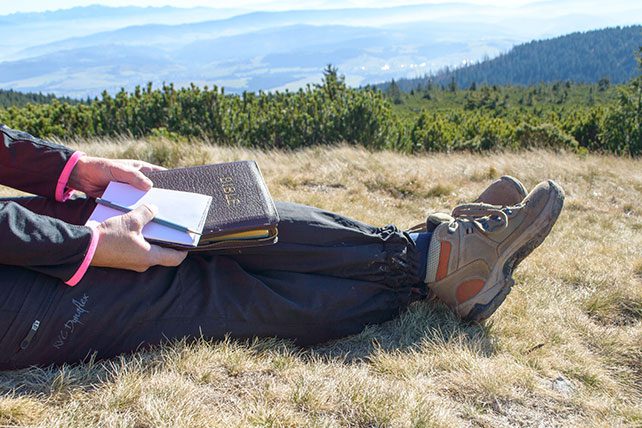Expectations at a Church Camp
Attendees can expect a structured environment focused on spiritual growth and community engagement. Typical activities include worship sessions, Bible lessons, group discussions, and prayer meetings. Recreational activities and free time are also incorporated to foster fellowship and personal reflection.
Some Christian camps are residential programs where attendees stay overnight for a period, usually a week or more. These camps offer an immersive experience, with a daily schedule that includes prayer, worship services, Bible studies, and various outdoor activities.
The primary purpose of camp meetings is to rejuvenate faith, encourage spiritual growth, and strengthen community bonds. Historically, these gatherings have been pivotal in sparking religious awakenings and fostering a sense of unity among believers.
Religious Camp Meetings in the Early 1800s
The camp meetings of the early 1800s were characterized by passionate preaching, communal singing, and public confessions of faith. These meetings were instrumental in spreading religious fervor and establishing new churches and denominations across the United States.
RELATED: Worship Spectators or Participators?
Religious camps, from their biblical foundations to modern-day iterations, serve as crucial environments for spiritual growth, community building, and religious education. Whether through historical camp meetings or contemporary church camps, these gatherings foster a sense of belonging, provide spiritual nourishment, and offer a retreat from the everyday world. By participating in a religious camp, individuals of all ages can deepen their faith, connect with like-minded individuals, and return to their daily lives refreshed and inspired.

